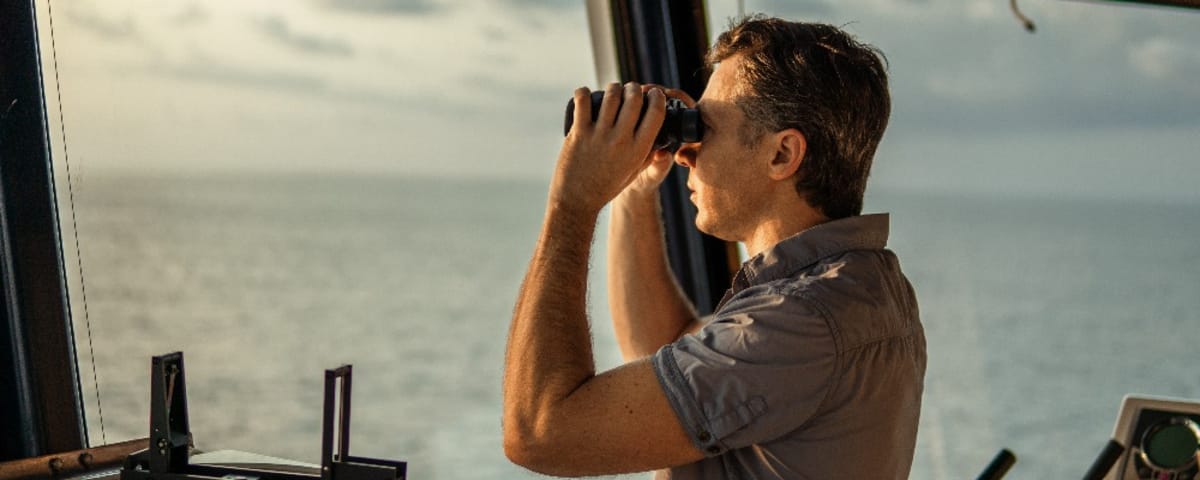The Captain’s Dilemma: Duty, Honor, and Survival at Sea
A Tradition More Than an Obligation
Historically, the rule of the captain being the last to leave their ship is primarily a matter of honor and responsibility. Their role is not only to command but also to ensure the safety of their crew and passengers. The International Safety Management (ISM) Code clearly states that the captain is responsible for coordinating evacuation in the event of a disaster. However, no legal text obliges them to sink with their ship.
International conventions, such as the Safety of Life at Sea (SOLAS) Convention, require the captain to do everything possible to save lives on board. They must supervise the evacuation, ensure that everyone has left the ship before them, and, in theory, leave last.
Captains Facing the Dilemma
Throughout maritime history, several captains have exemplified this tradition with distinction. The most famous example is undoubtedly that of Captain Edward Smith, who went down with the Titanic in 1912, adhering to the ideal of the captain-hero to the end. More recently, in 2012, Francesco Schettino, captain of the Costa Concordia, was vilified for abandoning his liner long before the evacuation was complete, an act that earned him a conviction for manslaughter and dereliction of duty.
However, there are also cases where the captain’s survival has been crucial to understanding the shipwreck and preventing future disasters. A captain is also a key witness to events, whose experience can be used to improve maritime safety.
Stay or Leave: A Pragmatic Choice
In a shipwreck situation, common sense prevails. If the captain’s presence on board allows for better coordination of the evacuation, they must stay until the end. But clinging to a doomed ship, at the risk of one’s own life, is pointless if all passengers and crew members are already safe.
In the world of sailing and recreational boating, the rule is more flexible: a skipper is primarily responsible for their crew, but they are not expected to sink with their sailboat. A good captain is one who makes the right decisions at the right time, even if it means abandoning their boat if necessary.
Myth or Reality?
So, should the captain really be the last to leave their ship? In theory, yes, because they are responsible for the proper management of the evacuation. But in practice, each situation is unique. Rather than blind sacrifice, it is their composure and sense of priorities that should prevail.
Ultimately, a responsible captain is not defined by their ability to sink with their ship, but by their ability to save those who accompany them. Leave their boat last? Maybe. But abandon it first? Inconceivable.
Enjoyed this post by Thibault Helle? Subscribe for more insights and updates straight from the source.


